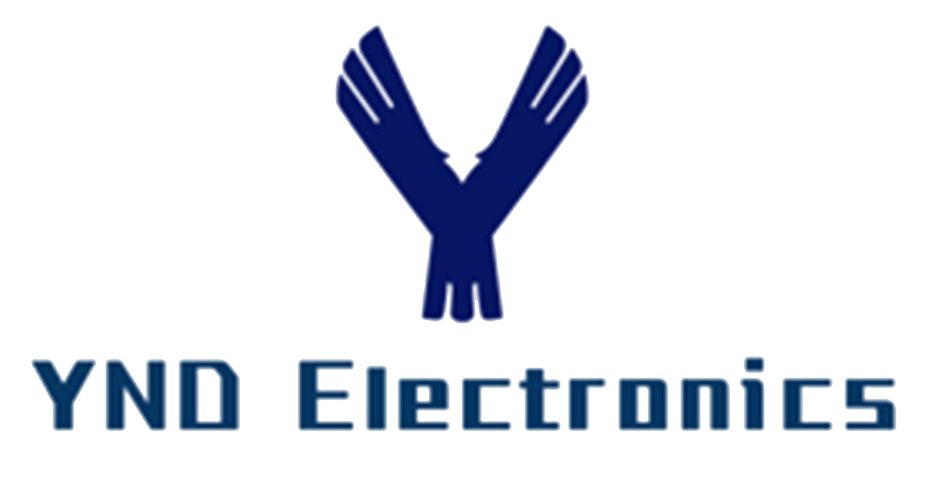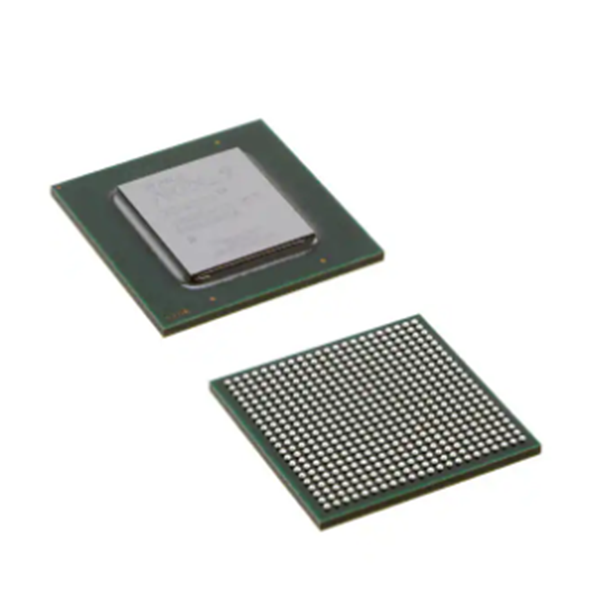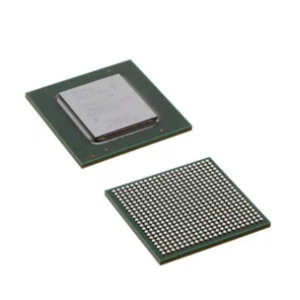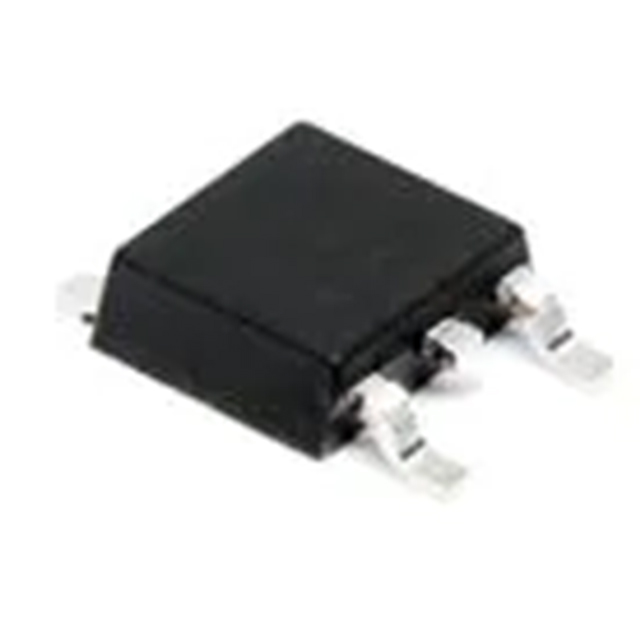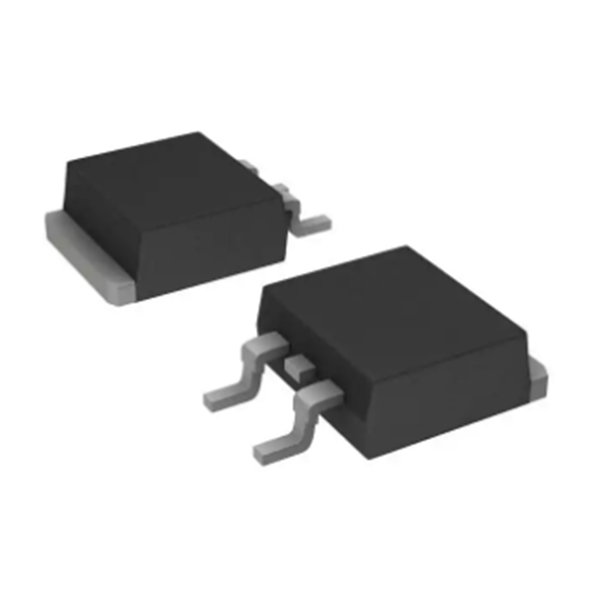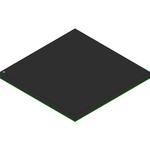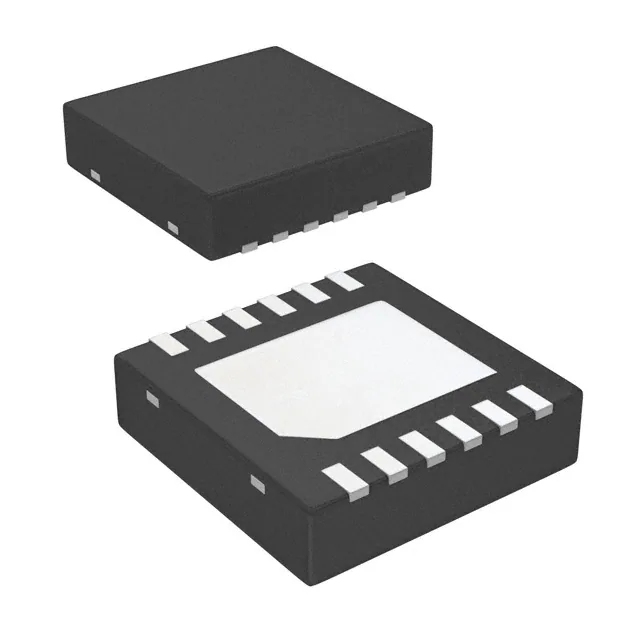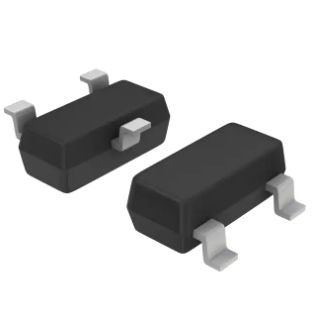Microcontroller original new esp8266 XC7A200T-2FFG1156C
Product Attributes
| TYPE | DESCRIPTION |
| Category | Integrated Circuits (ICs)Embedded |
| Mfr | AMD |
| Series | Artix-7 |
| Package | Tray |
| Product Status | Active |
| Number of LABs/CLBs | 16825 |
| Number of Logic Elements/Cells | 215360 |
| Total RAM Bits | 13455360 |
| Number of I/O | 500 |
| Voltage – Supply | 0.95V ~ 1.05V |
| Mounting Type | Surface Mount |
| Operating Temperature | 0°C ~ 85°C (TJ) |
| Package / Case | 1156-BBGA, FCBGA |
| Supplier Device Package | 1156-FCBGA (35×35) |
| Base Product Number | XC7A200 |
Documents & Media
| RESOURCE TYPE | LINK |
| Datasheets | Artix-7 FPGAs DatasheetArtix-7 FPGAs Brief |
| Product Training Modules | Powering Series 7 Xilinx FPGAs with TI Power Management Solutions |
| Environmental Information | Xiliinx RoHS CertXilinx REACH211 Cert |
| Featured Product | Artix®-7 FPGAUSB104 A7 Artix-7 FPGA Development Board |
| PCN Design/Specification | Cross-Ship Lead-Free Notice 31/Oct/2016Mult Dev Material Chg 16/Dec/2019 |
| Errata | XC7A100T/200T Errata |
Environmental & Export Classifications
| ATTRIBUTE | DESCRIPTION |
| RoHS Status | ROHS3 Compliant |
| Moisture Sensitivity Level (MSL) | 4 (72 Hours) |
| REACH Status | REACH Unaffected |
| ECCN | 3A991D |
| HTSUS | 8542.39.0001 |
Integrated Circuits
An integrated circuit (IC) is a semiconductor chip that carries many tiny components like capacitors, diodes, transistors, and resistors. These tiny components are used to calculate and store data with the help of digital or analog technology. You can think of an IC as a small chip that can be used as a complete, reliable circuit. An integrated circuits could be a counter, oscillator, amplifier, logic gate, timer, computer memory, or even microprocessor.
An IC is considered a fundamental building block of all today’s electronic devices. Its name suggests a system of multiple interlinked components embedded into a thin, silicon-made semiconductor material.
History of Integrated Circuits
The technology behind integrated circuits was initially introduced in 1950 by Robert Noyce and Jack Kilby in the United States of America. The US Air Force was the first consumer of this new invention. Jack also Kilby went on to win the Nobel Prize in Physics in 2000 for his invention of miniaturized ICs.
1.5 years after the introduction of Kilby’s design, Robert Noyce introduced his own version of the integrated circuit. His model solved several practical issues in Kilby’s device. Noyce also used silicon for his model, while Jack Kilby used germanium.
Robert Noyce and Jack Kilby both got US patents for their contribution to integrated circuits. They struggled with legal issues for several years. Finally, both Noyce and Kilby’s companies decided to cross-license their inventions and introduce them to a huge global market.
Types of Integrated Circuits
There are two types of integrated circuits. These are:
1. Analog ICs
Analog ICs have a constantly changeable output, depending on the signal they are getting. In theory, such ICs can attain an unlimited number of states. In this type of IC, the output level of the movement is a linear function of the input level of the signal.
Linear ICs can function as radio-frequency (RF) and audio-frequency (AF) amplifiers. The operational amplifier (op-amp) is the device normally used here. In addition, a temperature sensor is another common application. Linear ICs can turn various devices on and off once the signal reaches a certain value. You can find this technology in ovens, heaters, and air conditioners.
2. Digital ICs
These are different from analog ICs. They do not operate over a constant range of signal levels. Instead, they operate at a few pre-set levels. Digital ICs fundamentally work with the help of logic gates. The logic gates use binary data. Signals in binary data have only two levels known as low (logic 0) and high (logic 1).
Digital ICs are used in a wide range of applications like computers, modems, etc.
Why are Integrated Circuits Popular?
Despite being invented almost 30 years ago, integrated circuits are still used in numerous applications. Let’s discuss some of the elements responsible for their popularity :
1.Scalability
A few years ago, the semiconductor industry’s revenue reached up to an incredible 350 Billion USD. Intel was the biggest contributor here. There were other players as well, and most of these belonged to the digital market. If you look at the numbers, you will see that 80 percent of the sales generated by the semiconductor industry were from this market.
Integrated circuits have played a big role in this success. You see, the semiconductor industry’s researchers analyzed the integrated circuit, its applications, and its specifications and scaled it up.
The first IC ever invented had just a few transistors – 5 to be specific. And now we’ve seen Intel’s 18-core Xeon with a total of 5.5 billion transistors. Furthermore, IBM’s Storage Controller had 7.1 billion transistors with 480 MB L4 cache in 2015.
This scalability has played a big role in the prevailing popularity of Integrated Circuits.
2. Cost
There have been several debates on the cost of an IC. Over the years, there has been a misconception about the actual price of an IC too. The reason behind this is that ICs are not a simple concept anymore. Technology is going forward at a tremendously fast speed, and chip designers must keep up with this pace when calculating the cost of IC.
A few years ago, the cost calculation for an IC used to rely on the silicon die. At that time, estimating a chip cost could easily be determined by die size. While silicon is still a primary element in their calculations, experts need to consider other components when calculating the IC cost, as well.
So far, experts have deduced a fairly simple equation to determine the final cost of an IC:
Final IC Cost = Package Cost + Test Cost + Die Cost + Shipping Cost
This equation considers all the necessary elements that play a huge role in manufacturing the chip. In addition to that, there can be some other factors that might be considered. The most important thing to keep in mind when estimating IC costs is that the price may vary during the production process for multiple reasons.
Also, any technical decisions taken during the manufacturing process may have a significant impact on the cost of the project.
3. Reliability
The production of integrated circuits is a very sensitive task as it requires all the systems to work continuously during millions of cycles. External electromagnetic fields, extreme temperatures, and other operating conditions all play an important role in IC operation.
However, most of these issues are eliminated with the use of correctly controlled high-stress testing. It provides no new failure mechanisms, increasing the reliability of the integrated circuits. We can also determine the failure distribution in a relatively short time through the use of higher stresses.
All these aspects help make sure that an integrated circuit is able to function properly.
Furthermore, here are some features to determine the behavior of integrated circuits:
Temperature
The temperature may vary drastically, making the production of IC extremely difficult.
Voltage.
Devices operate at a nominal voltage that can vary slightly.
Process
The most vital process variations used for devices are threshold voltage and channel length. Process variation is classified as:
- Lot to lot
- Wafer to wafer
- Die to die
Integrated Circuit Packages
The package wraps up the die of an integrated circuit, making it easy for us to connect to it. Each external connection on the die is linked with a tiny piece of gold wire to a pin on the package. Pins are extruding terminals that are silver in color. They pass through the circuit to connect with other parts of the chip. These are highly essential since they go around the circuit and connect to the wires and the rest of the components in a circuit.
There are several different types of packages that can be used here. All of them have unique mounting types, unique dimensions, and pin counts. Let’s take a look at how this works.
Pin Counting
All integrated circuits are polarized, and each pin is different in terms of both function and location. This means the package needs to indicate and separate all the pins from each other. Most ICs use either a dot or a notch to show the first pin.
Once you identify the location of the first pin, the rest of the pin numbers increase in a sequence as you go counter-clockwise around the circuit.
Mounting
Mounting is one of the unique characteristics of a package type. All packages can be categorized as per one of two mounting categories: surface-mount (SMD or SMT) or through-hole (PTH). It is much easier to work with Through-hole packages since they are bigger. They are designed to be fixed on one side of a circuit and soldered to another.
Surface-mount packages come in different sizes, from small to minuscule. They are fixed on one side of the box and are soldered to the surface. The pins of this package are either perpendicular to the chip, squeezed out the side, or are sometimes set in a matrix on the base of the chip. Integrated circuits in the form of a surface-mount also require special tools to get assembled.
Dual In-Line
Dual In-line Package (DIP) is one of the most common packages. This is a type of through-hole IC package. These small chips contain two parallel rows of pins extending vertically out of a black, plastic, rectangular housing.
The pins have a spacing of about 2.54 mm between them – a standard perfect to fit into breadboards and a few other prototyping boards. Depending on the pin count, the DIP package’s overall dimensions may vary from 4 to 64.
The region between each row of pins is spaced to enable DIP ICs to overlap the center region of a breadboard. This makes sure that the pins have their own row and don’t short.
Small-Outline
Small-outline integrated circuit packages or SOIC are similar to a surface-mount. It is made up by bending all the pins on a DIP and shrinking it down. You can assemble these packages with a steady hand and even a closed eye – It’s that easy!
Quad Flat
Quad Flat packages splay pins in all four directions. The total number of pins in a quad flat IC can vary anywhere from eight pins on a side (32 total) to seventy pins on a side (300+ in total). These pins have a space of around 0.4mm to 1mm between them. Smaller variants of the quad flat package consist of low-profile (LQFP), thin (TQFP), and very thin (VQFP) packages.
Ball Grid Arrays
Ball Grid Arrays or BGA are the most advanced IC packages around. These are incredibly complicated, small packages where tiny balls of solder are set up in a two-dimensional grid on the base of the integrated circuit. Sometimes the experts attach the solder balls directly to the die!
Ball Grid Arrays packages are often utilized for advanced microprocessors, like the Raspberry Pi or pcDuino.




